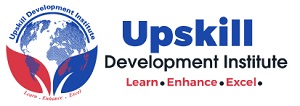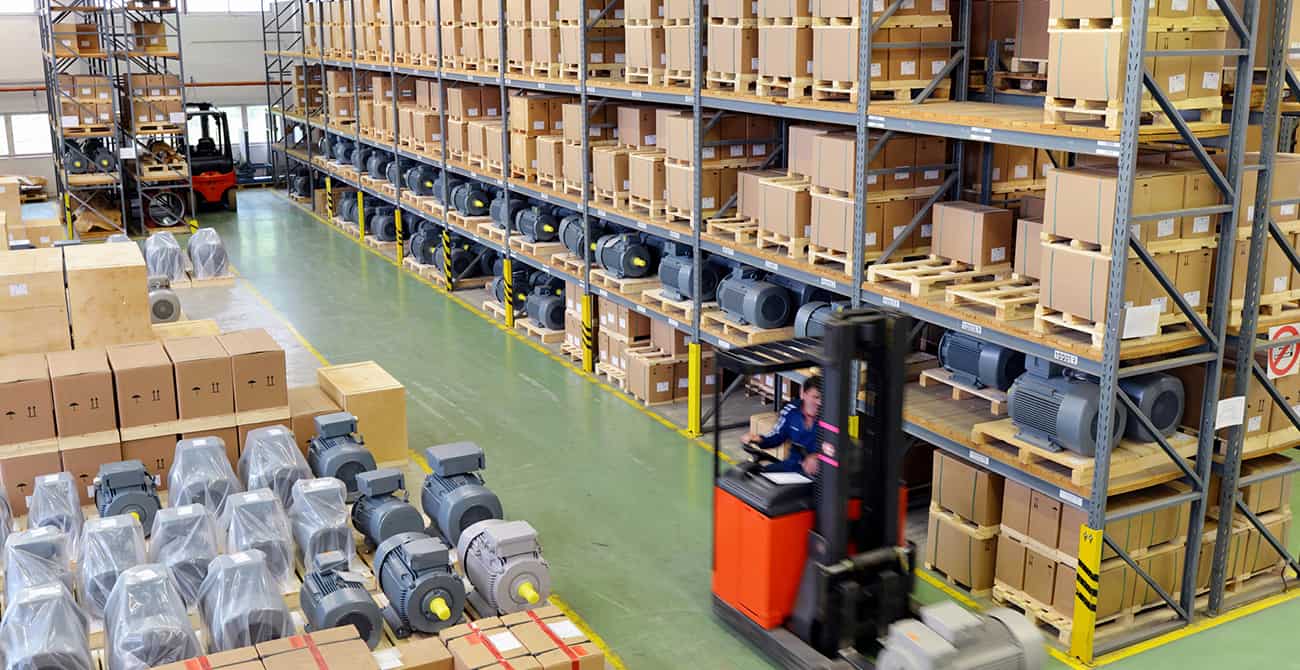Introduction
Warehouse is essential for an industrial unit. It is the depository of all materials required by the industrial unit and supplies materials as and when required. Inventory Control and Warehouse Management is critical in operations as inventory is a current asset to a firm. This course focuses on optimizing the development, management and maintenance of strategies of inventory control and warehouse management. It enables professionals to gain command of the key elements of a successful operation and provides a guide to complementing warehousing activities with prudent inventory control management techniques.
Course Objectives
By the end of this course the participants will be able to:
o Know the principles and purpose on inventory management and control.
o Understand the costs associated with inventory management.
o Be knowledgeable in Inventory verification and valuation methods.
o Understand the different approaches for effective management of dependent demand and independent demand inventories and when to apply them.
o Know the fundamentals of warehousing and stock handling.
o Understand the organizational structure and functional responsibilities in inventory and warehousing.
o Know how to measure and improve inventory management performance.
o Understand the different types of inventories and importance of inventory to organizations.
Duration
10 days
Who Should Attend
This course targets Finance, procurement, and supply chain professionals looking for ways to become more effective and efficient by improving their inventory management methodologies. Warehouse managers and warehouse employees.
Course Content
Module 1: Warehouse Management
Warehouse Organization
o Introduction to warehouse organization
o Position of Warehouse/stores in the organization
o Organization structure of stores division
o Organization matters for efficient working of stores division
o Delegation of authority
Requisitions and Replenishment of Materials
o Need for requisitioning the material
o Replenishment of stock items
o Preparation of materials requisition report
o Dispatch of requisition to user department
o Review order quantity
Performance Evaluation of Stores Activities
o Criticism of stores division
o Poor inventory control
o Improper store-keeping and Tools Management
o Performance indicators and evaluation
o How is performance evaluation carried out
ISO Standards and Warehouse Activities
o Introduction to ISO standards
o The importance of ISO standards
o Registration for ISO certification
o Warehouse activities and quality assurance
o Stores division activities in conformance to ISO 9001
Warehouse Location, Layout, and Facilities Planning
o Number and size of stores
o Location of stores
o Layout planning of warehouse
o Physical facilities planning
Warehouse Security, Safety, and Maintenance
o Security
o Entry to warehouse
o Management of warehouse keys
o Closing of warehouse
o Issue to authorized individuals
Module 2: Inventory Control
Inventory Classification and Strategies
o Advantages of classification of inventory
o Regular inventory item
o In-process inventories
o Finished goods inventory
o Strategic considerations in the control of finished goods inventory
o Market research
Codification and Standardization
o Methods of Codification
o Variety reduction
o Advantages of standardization
o Situations where standardization is not preferred
o Types of standards
o Standardization program
Inventory Control Model
o Theoretical inventory control model
o Elements of inventory control model
o Dynamic nature of the inventory control model
o Maintenance requirements
o Reorder point fluctuations
Inventory Control Techniques
o Best order quantity
o Economic Order Quantity (EOQ) defined
o Determining Economic Order Quantity (EOQ)
o Variable costs
o ABC analysis
o Other techniques of analysis
Effective Management of Inventory
o Factors influencing the stocking of inventory
o Appropriate maintenance techniques
o Administrative and financial factors
o Steps for management of inventory
o Diagnostic survey
o Reconditioning and overhauling of inventory
Valuation of Inventory
o Importance of valuation of inventory
o Valuation of material issues
o First in First Out (FIFO)
o Last in First Outs
o Highest in First Out (HIFO)
o Next in First Out (NIFO)
o Simple average method
o Weighted average cost method
o Factors considered in selection of method of valuation of inventory
Training Approach
This course will be delivered by our skilled trainers who have vast knowledge and experience as expert professionals in the fields. The course is taught in English and through a mix of theory, practical activities, group discussion and case studies. Course manuals and additional training materials will be provided to the participants upon completion of the training.
Tailor-Made Course
This course can also be tailor-made to meet organization requirement. For further inquiries, please contact us on: Email: training@upskilldevelopment.com Tel: +254 721 331 808
Training Venue
The training will be held at our Upskill Training Centre. We also offer training for a group at requested location all over the world. The course fee covers the course tuition, training materials, two break refreshments, and buffet lunch.
Visa application, travel expenses, airport transfers, dinners, accommodation, insurance, and other personal expenses are catered by the participant
Certification
Participants will be issued with Upskill certificate upon completion of this course.
Airport Pickup and Accommodation
Airport pickup and accommodation is arranged upon request. For booking contact our Training Coordinator through Email: training@upskilldevelopment.com, +254 721 331 808
Terms of Payment: Unless otherwise agreed between the two parties payment of the course fee should be done 3 working days before commencement of the training so as to enable us to prepare better.

